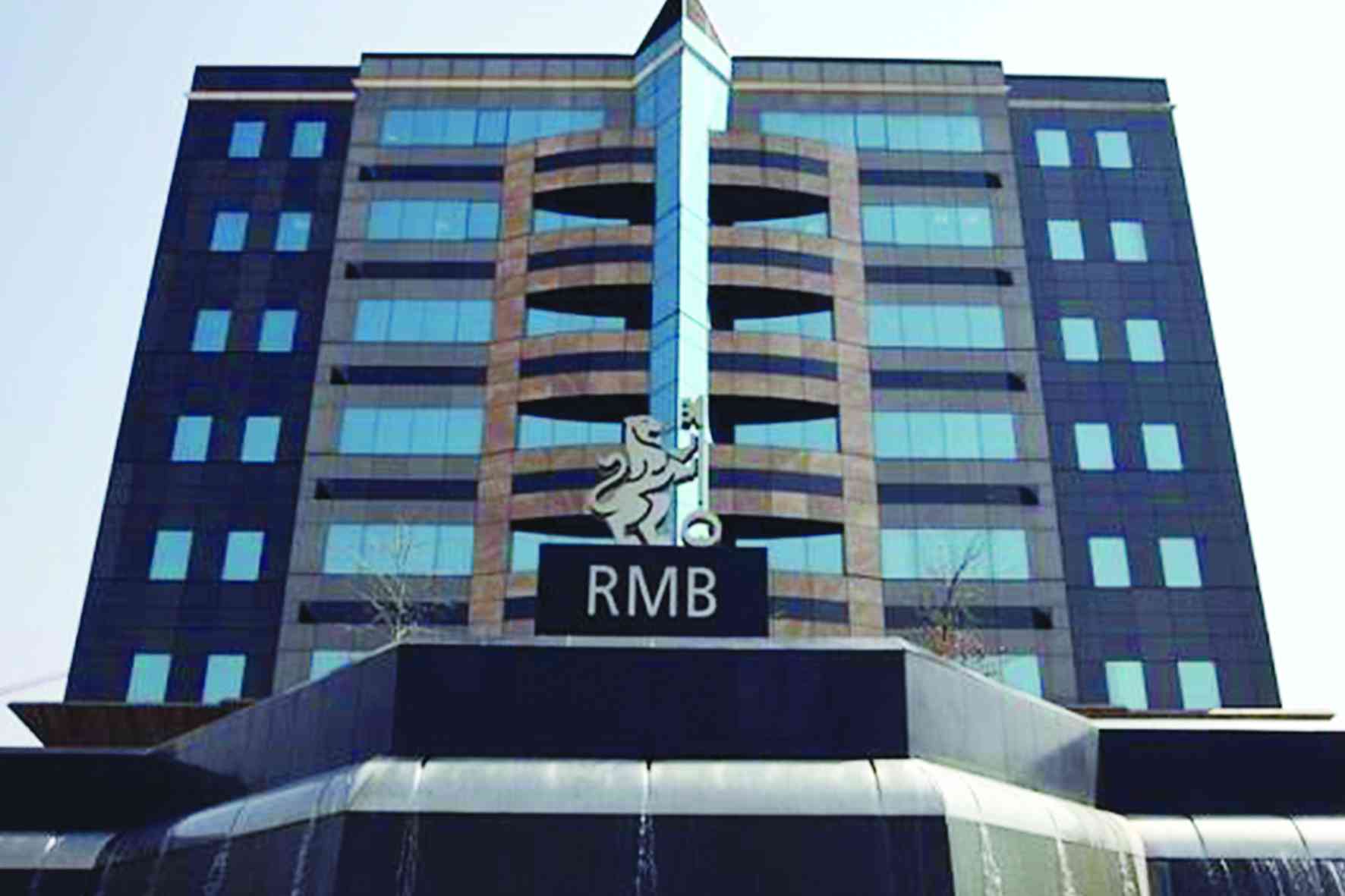
WHEN considering the economy of Zimbabwe and its unique challenges, an human resources (HR) department would need to focus on several key priorities to manage human resources effectively. Here are the top seven priorities for an HR department in Zimbabwe.
Staff retention is a significant challenge for organizations in the current economic climate. With the ongoing economic challenges, many organizations are struggling to retain their top talent. One factor that has contributed to this issue is the disparity in payment methods, with some organisations being able to pay in United States dollars (USD) while others cannot. As a result, organisations that can offer USD payments have a competitive advantage in retaining staff. To address this issue and retain staff, it is crucial to strike a balance between offering competitive remuneration and ensuring the sustainability of the business by providing affordable salaries. However, achieving this balance is not an easy task. One potential solution is implementing targeted retention schemes for key staff members. These schemes aim to incentivise and retain employees essential to the organisation's success. However, implementing such schemes comes with its own set of challenges. One of the main difficulties lies in accurately classifying roles and determining which employees are considered key staff. If not executed properly, this approach can create more problems than solutions.
In the current economic climate, businesses are increasingly looking for ways to adapt and transform to stay competitive. One crucial aspect of this transformation is the role that HR can play. HR departments have the potential to drive and support business transformation initiatives by focusing on several key areas. Firstly, HR can be critical in talent management and workforce planning. In times of economic uncertainty, businesses may need to reassess their workforce needs and make strategic hiring, training, and development decisions. HR professionals can analyse the skills and competencies required for the organisation's future success and identify any gaps that must be addressed. By aligning talent management strategies with business objectives, HR can ensure that the right people are in the right roles to drive transformation.
HR can contribute to organisational culture and change management efforts. Business transformation often involves significant changes in processes, technologies, or company structure. HR can help facilitate these changes by fostering a culture of adaptability, resilience, and continuous learning within the organisation. This includes providing training and development programmes to equip employees with the necessary skills for transformation and communicating effectively about the reasons behind the changes and their impact on employees.
Cultural transformation plays a crucial role in the success and sustainability of organisations. HR departments have a unique opportunity to drive this transformation by fostering a positive and inclusive work culture. HR can significantly improve employee engagement, productivity, and overall organizational performance by implementing strategic initiatives. One of the key ways HR can facilitate culture transformation is by aligning the organization's values with its employees' beliefs and behaviors. HR professionals can work closely with top management to define and communicate the desired culture throughout the organisation. This involves developing clear mission statements, core values, and behavioural expectations that reflect the organization's vision for a transformed culture. HR can also be pivotal in recruiting and selecting candidates who align with the desired culture. By incorporating cultural fit assessments into the hiring process, HR can ensure that new employees share the organization's values and are more likely to contribute positively to the cultural transformation effort.
Organisations increasingly turn to analytics to gain insights and make informed decisions in today's data-driven world. HR departments can leverage analytics to drive business decisions and improve performance. By harnessing the power of data, HR professionals can enhance their understanding of employee behaviour, identify trends, and develop strategies that align with organisational goals. One way HR can leverage analytics is through talent acquisition and retention. By analyzing data on recruitment channels, candidate profiles, and hiring outcomes, organizations can identify the most effective sources for attracting top talent. This data-driven approach enables HR to optimise their recruitment efforts, reduce time-to-hire, and improve the quality of new hires. Furthermore, by analysing employee turnover rates and exit interview data, HR can identify patterns and take proactive measures to retain valuable employees.
Another area where HR analytics can drive business decisions is employee engagement and performance management. By collecting and analyzing data from employee surveys, performance evaluations, and feedback systems, HR can gain insights into the factors contributing to high engagement and productivity levels. This information can help identify areas for improvement, develop targeted training programs, and create personalised development plans for employees. By leveraging analytics, organisations can enhance employee satisfaction, increase productivity.
To be continued week.
- Mavhunga puts DeMbare into Chibuku quarterfinals
- Bulls to charge into Zimbabwe gold stocks
- Ndiraya concerned as goals dry up
- Letters: How solar power is transforming African farms
Keep Reading
Nguwi is an occupational psychologist, data scientist, speaker and managing consultant at Industrial Psychology Consultants (Pvt) Ltd, a management and human resources consulting firm. — https://www.thehumancapitalhub.com or e-mail: [email protected].
Employee engagement surveys can be a valuable tool for Zimbabwean organisations, including their HR departments, to drive business performance and initiate change. Employee engagement surveys provide organizations with insights into employee satisfaction and engagement levels. By analysing the survey results, HR departments can identify improvement areas.
This could include communication, work-life balance, career development opportunities, or organizational culture.
The survey results can help HR departments understand employees' concerns and challenges. Organisations can improve employee morale and satisfaction by addressing
these concerns promptly and effectively. This may involve implementing new policies, providing additional training or resources, or fostering a more inclusive and supportive work
environment.
Performance management is a crucial aspect of human resource management that significantly drives business performance. In the Zimbabwean environment, where organizations face unique challenges and opportunities, leveraging performance management becomes even more essential for HR professionals. HR can leverage performance management to drive business performance by driving the adoption of performance management systems. By aligning individual and team goals with the organization's objectives, HR can ensure that employees work towards common targets.
Additionally, setting specific goals allows for better performance tracking and evaluation. Another way HR can leverage performance management is by implementing regular performance reviews and evaluations.
HR professionals in Zimbabwe should prioritise business transformation, retention, and productivity to ensure organisational success. By adapting to changing business landscapes, retaining top talent, and enhancing productivity, HR professionals cancontribute to organisations' overall growth and competitiveness inZimbabwe.
- Nguwi is an occupational psychologist, data scientist, speaker and managing consultant at Industrial Psychology Consultants (Pvt) Ltd, a management and human resources consulting firm. — https://www.thehumancapitalhub.com or e-mail: [email protected].











